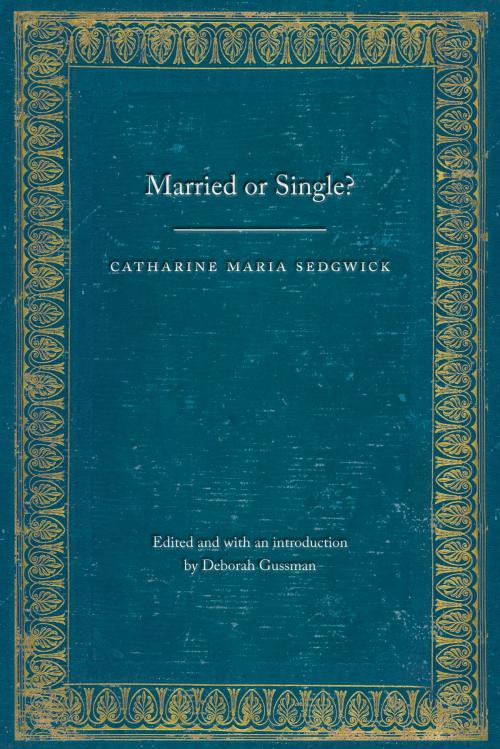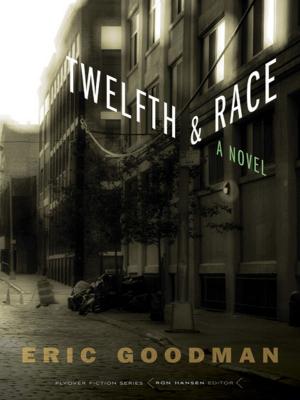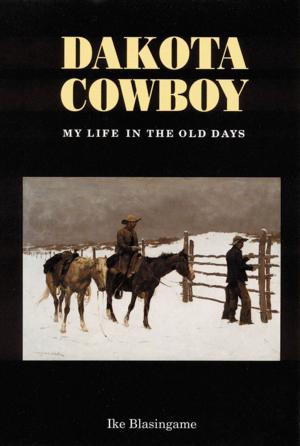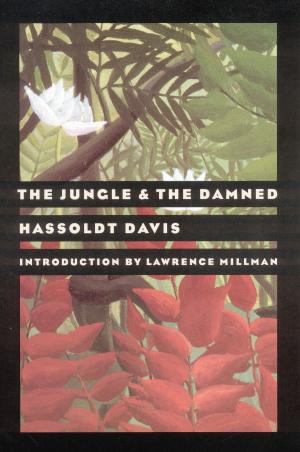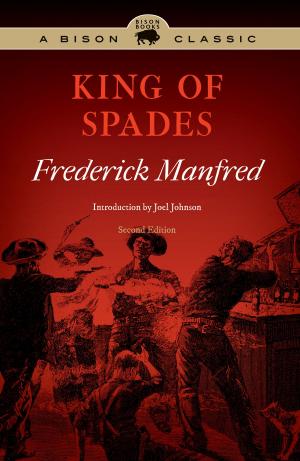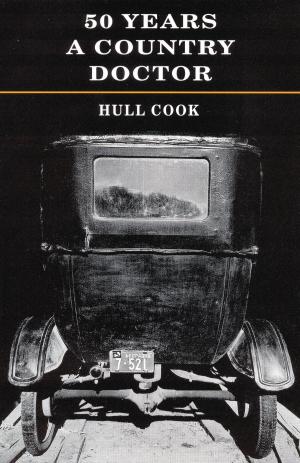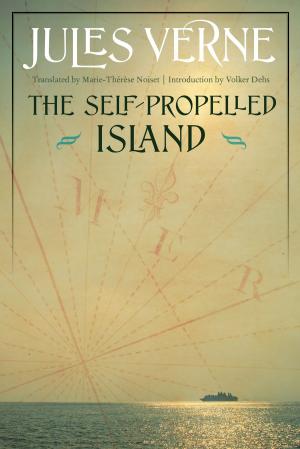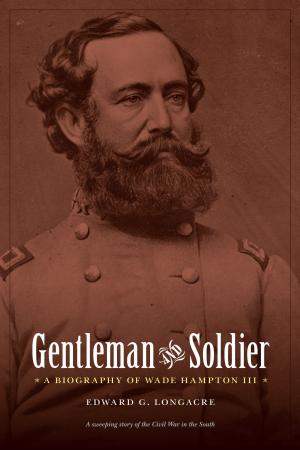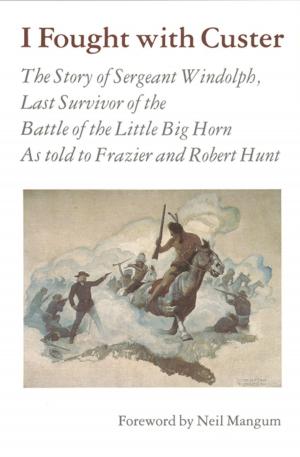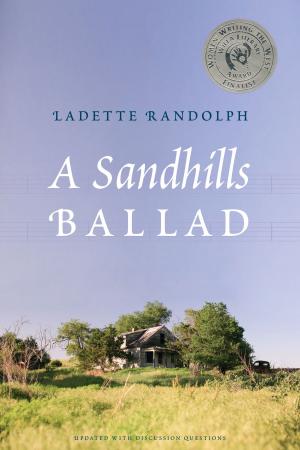Married or Single?
Nonfiction, Social & Cultural Studies, Social Science, Gender Studies, Women&, Fiction & Literature, Historical, Literary| Author: | Catharine Maria Sedgwick | ISBN: | 9780803274976 |
| Publisher: | UNP - Nebraska | Publication: | July 1, 2015 |
| Imprint: | University of Nebraska Press | Language: | English |
| Author: | Catharine Maria Sedgwick |
| ISBN: | 9780803274976 |
| Publisher: | UNP - Nebraska |
| Publication: | July 1, 2015 |
| Imprint: | University of Nebraska Press |
| Language: | English |
Married or Single?, published in 1857, was Catharine Maria Sedgwick’s final novel and a fitting climax to the career of one of antebellum America’s first and most successful woman writers. Insisting on women’s right to choose whether to marry, Married or Single? rejects the stigma of spinsterhood and offers readers a wider range of options for women in society, recognizing their need and ability to determine the course of their lives.
Sedgwick’s touching, witty, and shrewdly observant novel centers on Grace Herbert, a New York City socialite who must negotiate the marriage market and also learn to develop her own character and take control of her own destiny. The story merges a wide range of popular American literary forms—including the seduction novel, the conversion narrative, the novel of education, and social reform fiction—and provides a window on many of the cultural and political anxieties of the 1850s beyond marriage, including immigration, slavery, and urban poverty. Sedgwick’s lifelong concern with women’s duties to the nation as citizens is demonstrated through her depiction of exemplary women of various backgrounds and circumstances who illustrate the idea that becoming a worthy human being is more important than becoming a wife, especially in a democratic society.
Married or Single?, published in 1857, was Catharine Maria Sedgwick’s final novel and a fitting climax to the career of one of antebellum America’s first and most successful woman writers. Insisting on women’s right to choose whether to marry, Married or Single? rejects the stigma of spinsterhood and offers readers a wider range of options for women in society, recognizing their need and ability to determine the course of their lives.
Sedgwick’s touching, witty, and shrewdly observant novel centers on Grace Herbert, a New York City socialite who must negotiate the marriage market and also learn to develop her own character and take control of her own destiny. The story merges a wide range of popular American literary forms—including the seduction novel, the conversion narrative, the novel of education, and social reform fiction—and provides a window on many of the cultural and political anxieties of the 1850s beyond marriage, including immigration, slavery, and urban poverty. Sedgwick’s lifelong concern with women’s duties to the nation as citizens is demonstrated through her depiction of exemplary women of various backgrounds and circumstances who illustrate the idea that becoming a worthy human being is more important than becoming a wife, especially in a democratic society.
